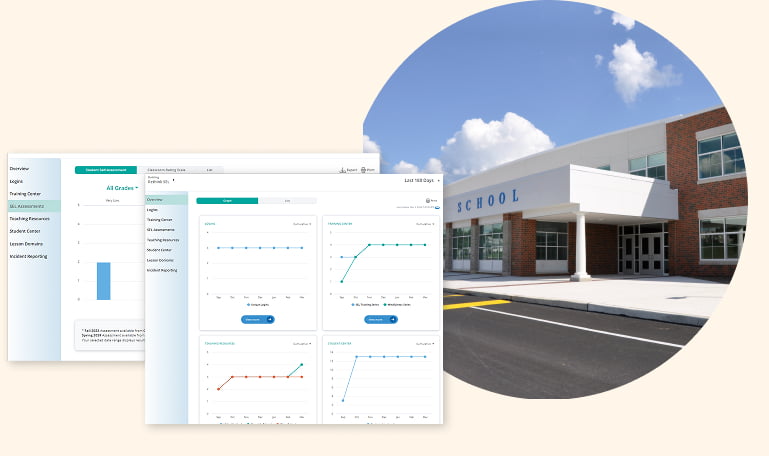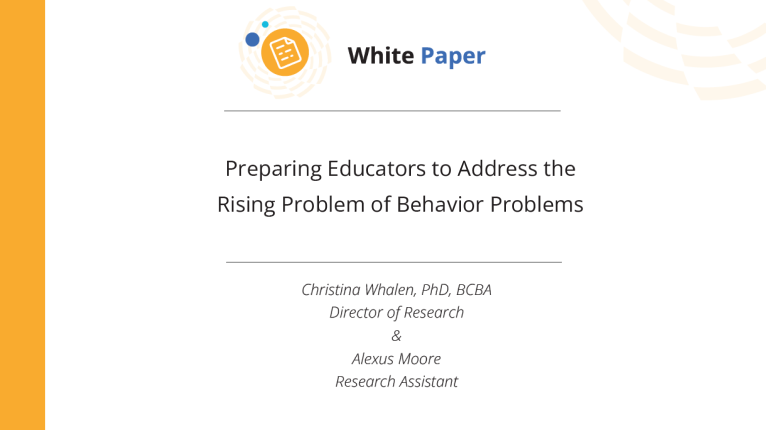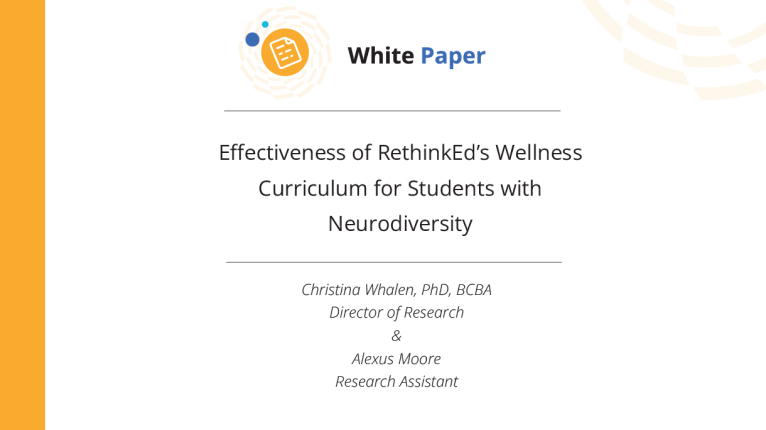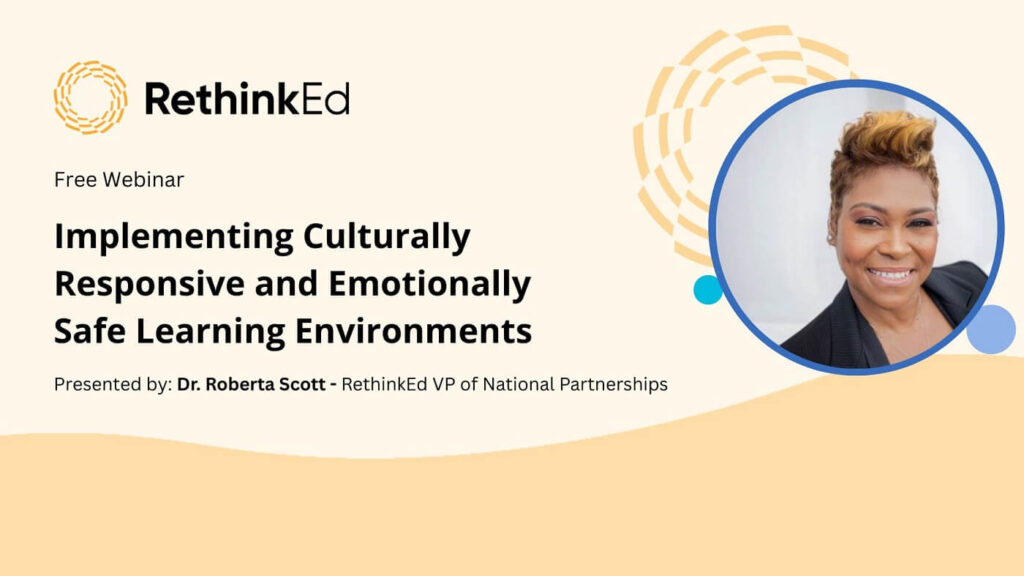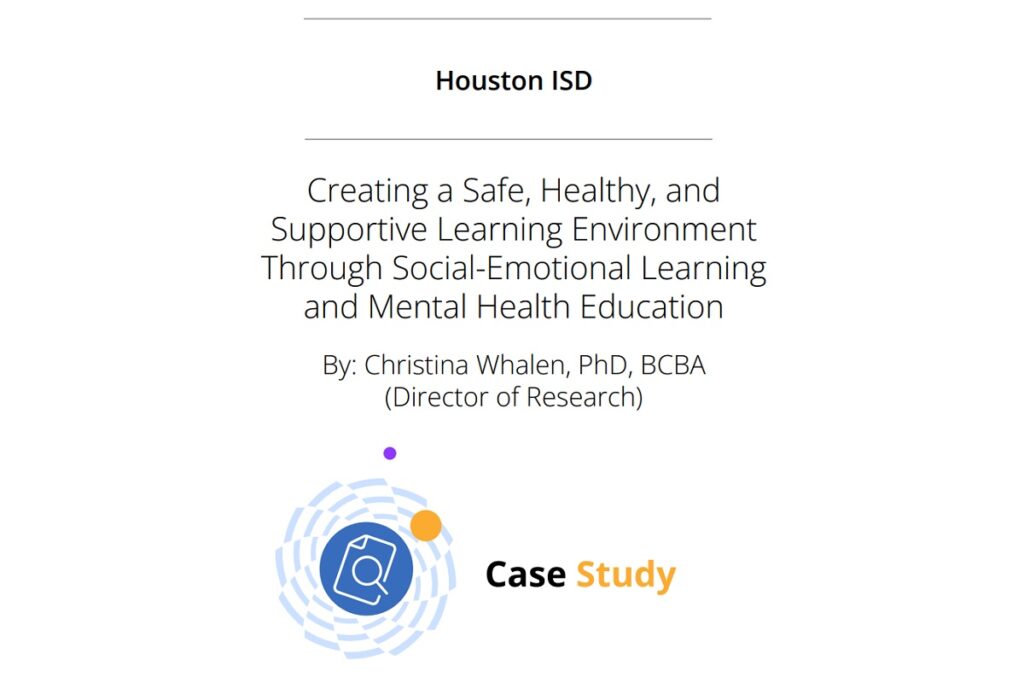

RethinkEd’s Wellness Skills empowers students, educators, and families to thrive in the classroom, in the workplace, and at home. Our whole-child approach aligns with CASEL’s Social Emotional Learning (SEL) framework and promotes essential skills like stress management and resilience.
Developed by clinical and educational experts and supported by robust progress monitoring tools, ours is a data-driven solution that helps educators build safe, thriving school communities—district-wide.
The Challenges that Students, Educators, and Districts Face are Real, We Can Help
Students today face a variety of stressors both inside and outside the classroom—leaving many struggling to connect, communicate, and manage their emotions. Educators are navigating their own challenges including classroom disruptions and professional burnout. That’s where Wellness Skills comes in.


When Wellness is Ingrained in School Cultures, Outcomes Improve—Across the Board
With RethinkEd’s comprehensive Wellness Skills solution, districts now have a practical, evidence-based way to support and strengthen their educational ecosystem and track success.
This inclusive, interactive solution provides administrators with data-driven insights to measure progress—at the student, school and district level. It equips educators with tiered, grade-level curriculum and professional development. And it engages students with interactive activities for building resilience, developing a healthy mindset, and creating strong social connections.
